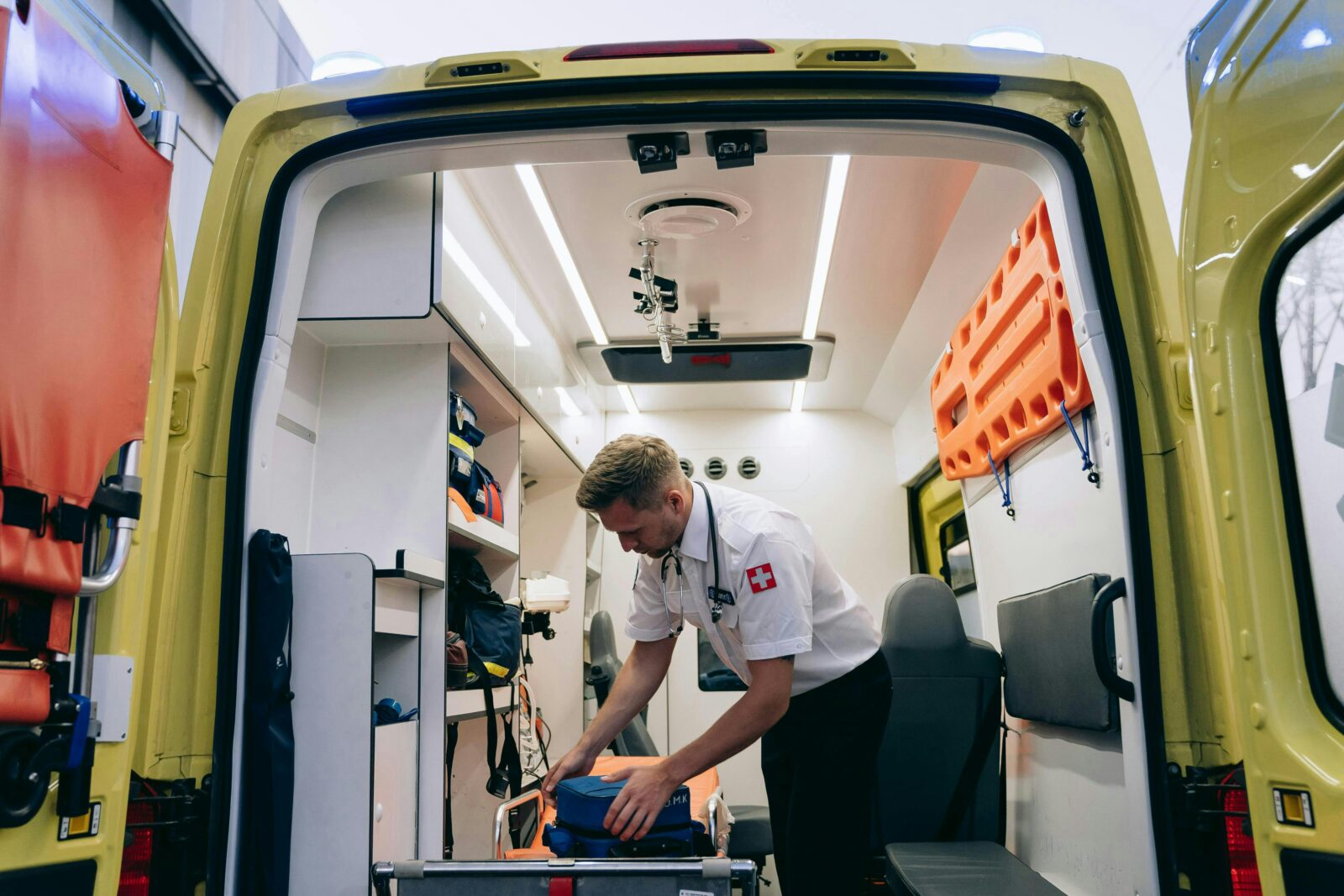When we drive, we are doing the most dangerous activity of our day. We do not expect to be involved in a car accident. When an accident happens, it’s normal for emotions and adrenaline to run high. Most of us will be nervous and in pain. However, the actions taken immediately after the incident can significantly affect your safety, well-being, and legal standing. Unfortunately, many people make mistakes in the heat of the moment that can hurt them later, especially in personal injury claims. Here are the five most common mistakes made at an accident scene—and how you can avoid them.
1. Failing to Call the Authorities
One of the most common mistakes people make is not calling the police after an accident, especially if it seems minor. Even in seemingly minor accidents, having an official police report is essential. It serves as a formal, unbiased account of the facts that he or she can gather about the incident, which can be crucial if you need to file an insurance claim or pursue legal action later. A police officer will document the scene, take photographs and sometimes even body worn camera videos, speak to witnesses, and ensure that the situation is safe for all involved.
Tip: Always call the authorities after an accident, no matter how minor it may seem. A police report provides critical evidence that may support your case.
2. Admitting Fault or Apologizing
In the chaos of an accident, people often apologize out of habit, even when they are not at fault. Unfortunately, apologizing can be misconstrued as admitting liability. Anything you say at the scene can potentially be used against you later in insurance claims or court proceedings. Even if you believe you may be partially responsible, do not admit fault; leave it to the investigation and professionals to determine.
Tip: Stick to the facts when talking to the other party, witnesses, or authorities. Do not make statements that could be interpreted as admitting fault or guilt.
3. Not Collecting Evidence
Failing to gather evidence at the scene is a mistake many accident victims regret later. Photos, videos, and witness contact information can be invaluable in establishing what happened. For example, you can take a short video of the accident scene that shows the location of the vehicles after the collision. By the time you file a claim or lawsuit, physical evidence may be gone, and memories can fade.
Tip: Use your phone to take photos of the vehicles, property damage, road conditions, and any visible injuries. Also, collect the names and contact information of witnesses who saw the accident.
4. Not Seeking Medical Attention
Even if you feel fine immediately after an accident, but experience pain a few hours later, some injuries—like whiplash or internal damage—might not become apparent until hours or even days later. Not seeking medical attention right away can harm your health and weaken your legal case. If you delay medical care, insurance companies may argue that your injuries were not serious or were unrelated to the accident.
Tip: If you are injured or if you feel pain, seek medical attention after an accident, even if you don’t feel hurt at the time. A medical evaluation creates a record that can be crucial if you need to prove that your injuries were a result of the accident.
5. Talking to Insurance Adjusters Too Soon
It’s common for insurance adjusters to contact you soon after an accident, but giving a statement or signing anything too quickly can be a big mistake. You do have a duty to cooperate with your own auto insurance company. You must cooperate with your own insurance company; this may include providing a recorded statement or a written statement of the car accident. However, as to the other person’s auto insurance company, they are in the business of minimizing payouts, and they may use anything you say against you to reduce your claim. Premature communication with adjusters can limit your ability to recover fair compensation.
Tip: Consult with a personal injury attorney before speaking with insurance adjusters. A lawyer can help you navigate the insurance process and ensure that you receive the compensation that you are entitled to when the accident is not your fault and there is proper auto insurance on the other party or your own policy.
Conclusion
The moments immediately following an accident are crucial. Call the police, do not admit fault, document the scene of the accident, seek medical care if injured, and do not speak with the adverse auto insurance company. By avoiding these five common mistakes, you can protect your health, your legal rights, and your chances of recovering fair compensation. If you find yourself in an accident, stay calm, follow the correct procedures, and consider consulting with a personal injury attorney to guide you through the legal aftermath.
